What is Plant Healthcare?
Plant Healthcare is a holistic approach that combines scientific diagnosis, preventive treatments, and ongoing monitoring to maintain the overall health of plants. Instead of reactive treatments after issues occur, our PHC program focuses on keeping trees and plants healthy year-round, reducing the need for costly interventions.
Have a look at some of the finer aspects of what it takes to keep your plants healthy below!
Soil Nutrition Information
Heritage Tree Care believes that to promote healthy growth and ensure sustainability with your green spaces, the soil requires as much attention as the plants in them. An improperly balanced soil mixture can be more of a hinderance to the wellbeing of your plants then if it the soil was simply left alone. Click here to learn more about how you can manage your soil!
Find out morePest Management
Our Pest Management service follows an Integrated Pest Management (IPM) approach that focuses on the least invasive and most sustainable methods for controlling pests. We identify specific pest species and assess their impact on your plants before recommending targeted treatments.
Find out moreDisease Management
Our Disease Management service provides comprehensive monitoring and treatment to safeguard your plants against infections caused by fungi, bacteria, and viruses. We regularly inspect trees and plants for early signs of disease, such as discoloured leaves, unusual growths, or decay.
Find out morePoisoning
Tree Poisoning can be one of the most damaging afflictions applied to trees and vegetation. If action is not taken quickly, damage to the tree’s overall health can range anywhere from stunted growth and mild dieback to total death of the tree itself, posing a massive risk to both people and property nearby.
Find out moreEAL Testing Suites
Our Environmental Analysis Laboratories (EAL) Testing Suites offer a comprehensive suite of diagnostic tests that analyse soil, plant tissue, and water quality.
Find out moreSoil Microbial Assessment
Our Soil Microbial Assessment provides a detailed analysis of the microbial life in the soil, including beneficial bacteria, fungi, and other organisms that contribute to nutrient cycling and disea...
Find out moreSoil Sampling
Soil sampling is the process of collecting soil samples from each ‘horizon’ layer in the sampled soil. As you dig down into soil you will often find the composition and mixture of soil will change as the depth increases, which is the defining feature of a soil ‘horizon’ layer. The sampling of soil also helps us identify any chemical, mineral or nutritional imbalances within the soil. As plants absorb most of their nutrients from the soil, which is the growing media, it is important to understand the profile, texture and composition of the media to promote good health and growth.
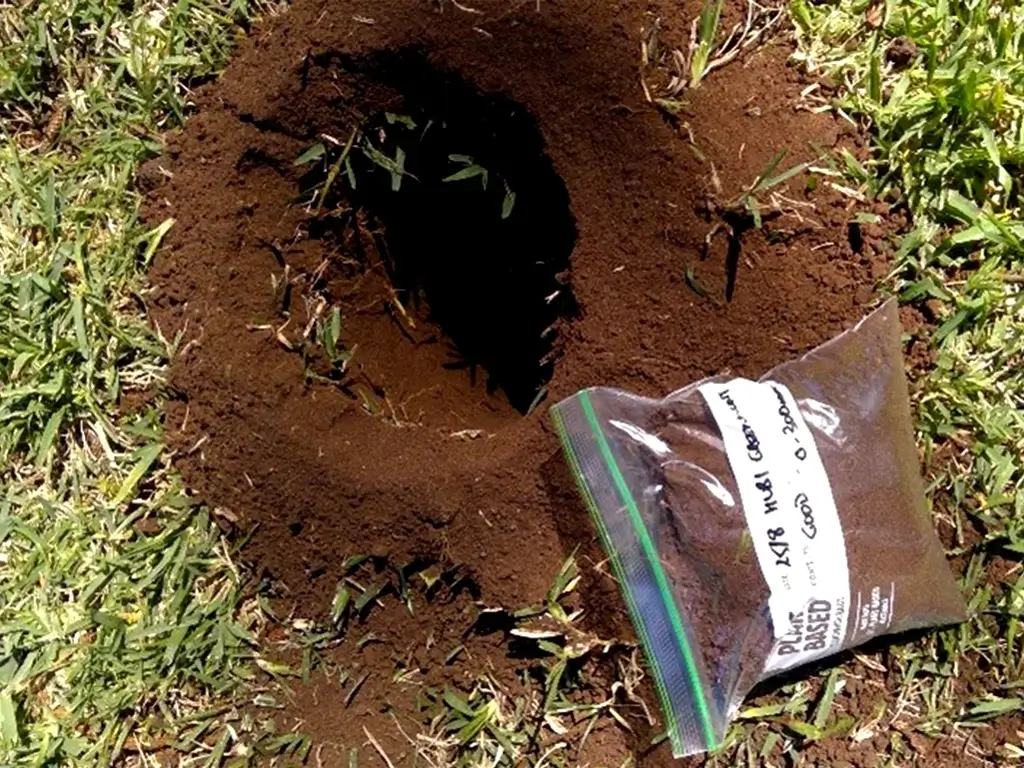
Soil Nutrition
Healthy soil is the foundation of vibrant plants and trees. Our Soil Nutrition service involves a thorough analysis of soil composition, pH levels, and organic matter content. We identify nutrient deficiencies and create tailored fertilization programs designed to replenish essential nutrients like nitrogen, phosphorus, and potassium. This ensures that your plants have the right balance of minerals to support robust root development, strong growth, and resistance to environmental stress.
Whether through organic compost, specialized fertilizers, or natural soil amendments, we enhance soil fertility to create an optimal growing environment.
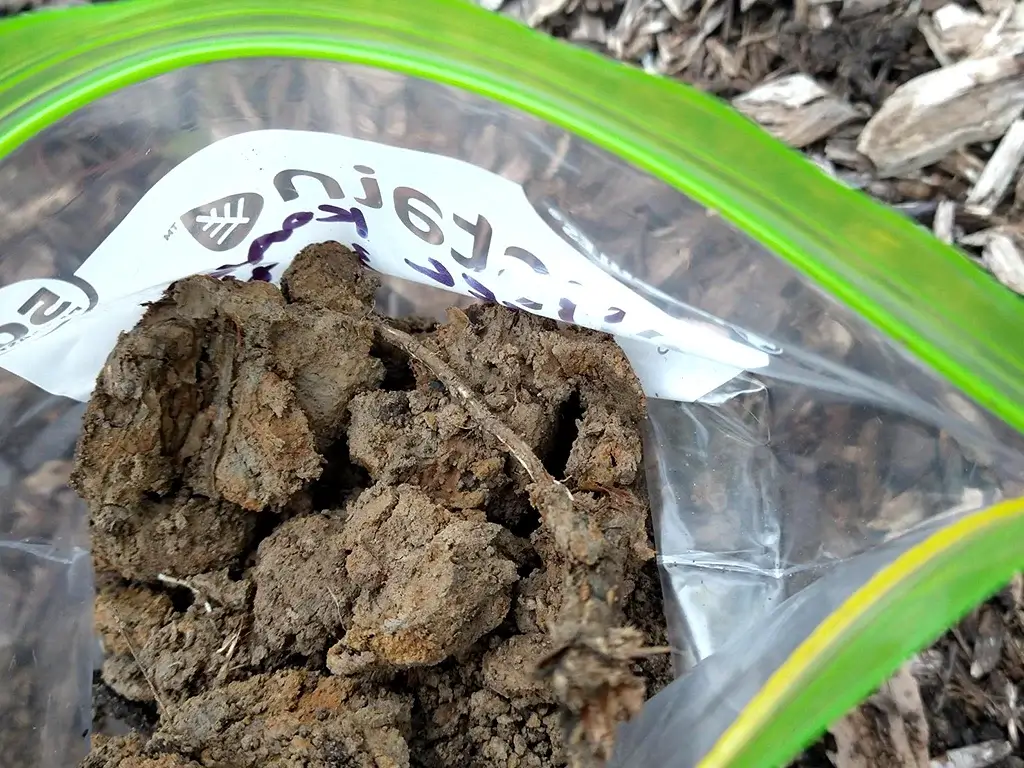
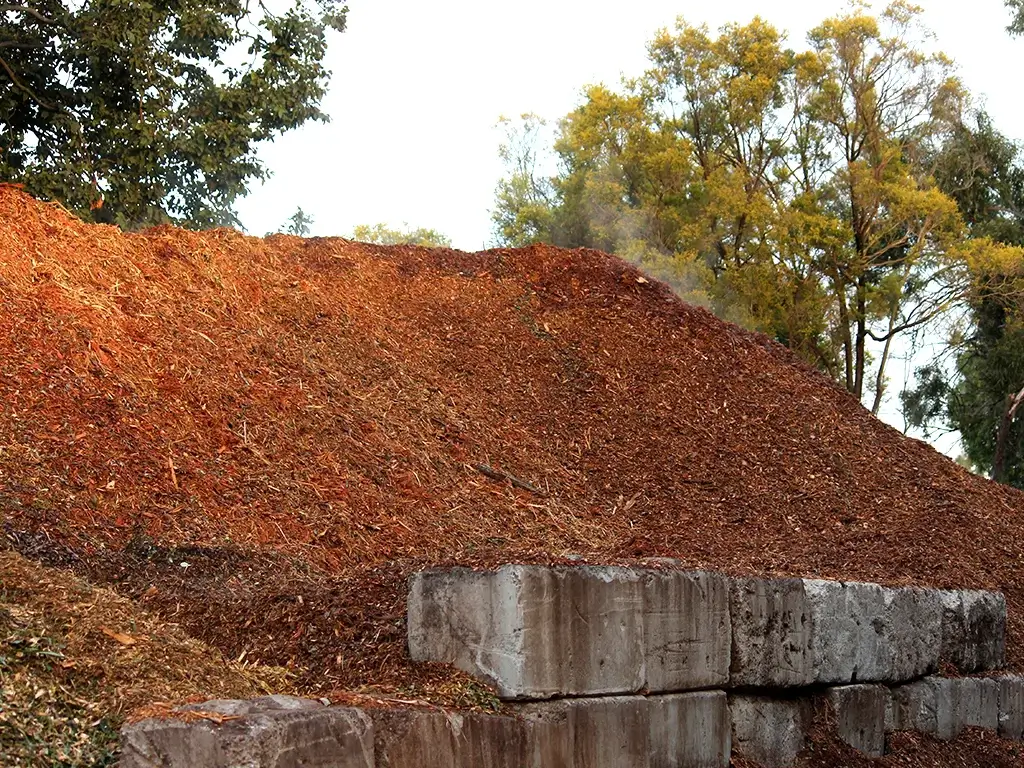
Mulching
Mulching is one of the most effective ways to improve soil health and protect your plants. Our Mulching service involves applying a thick layer of high-quality organic mulch around the base of trees, shrubs, and garden beds. Mulch acts as a protective barrier, reducing soil temperature fluctuations, retaining moisture, and preventing weed growth. Over time, the mulch breaks down and enriches the soil with essential organic matter, improving soil structure and nutrient availability. Mulching not only enhances the aesthetic appeal of your landscape but also creates a healthier, more sustainable environment for your plants to thrive.
Decompaction
Soil compaction can severely impact plant health by restricting root growth, reducing oxygen flow, and limiting water absorption. Our decompaction service uses advanced techniques like air spading and mechanical aeration to break up compacted soil layers without damaging tree roots.
Soil compaction is usually caused by several stressing factors, but the most egregious causes usually include:
- Heavy equipment or traffic usage compacting the soil over time.
- Frequent cultivation can create a hard layer of soil called a plough pan.
- Heavy rain can compact soil, especially if the soil is clay-rich or bare.
By loosening the soil, we enhance its structure, allowing for better air, water, and nutrient penetration. This is especially important in urban environments or areas with heavy foot traffic where the soil is prone to becoming compacted. Improved soil porosity leads to healthier, deeper root systems, which in turn supports stronger, more resilient plants and trees.
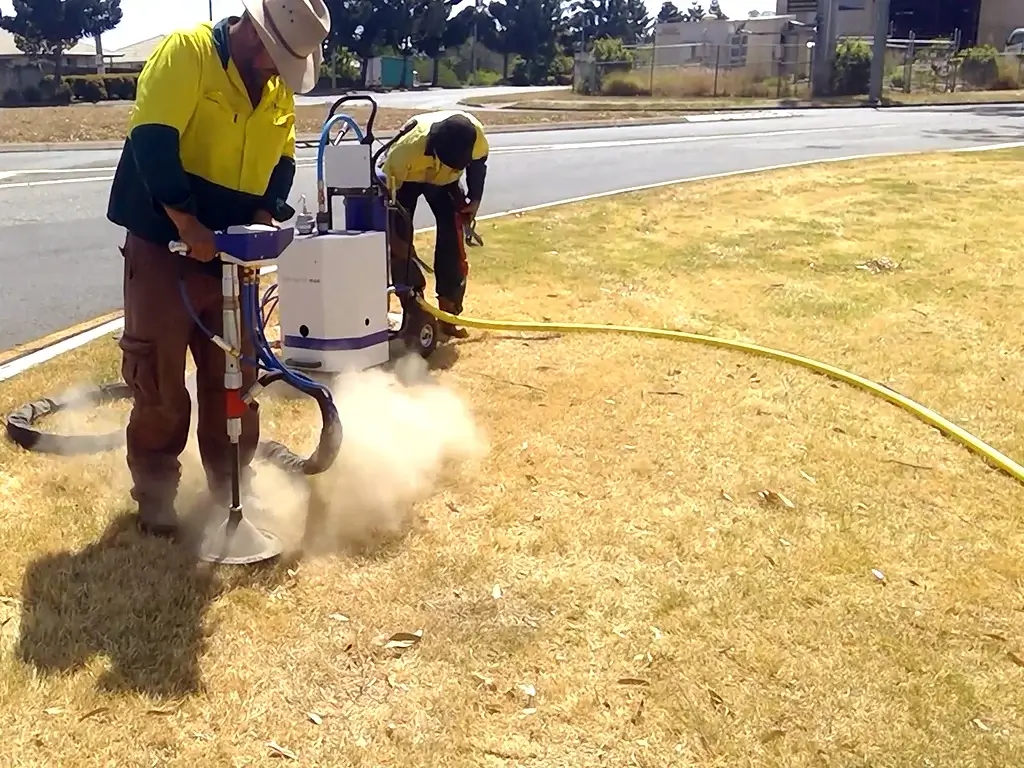
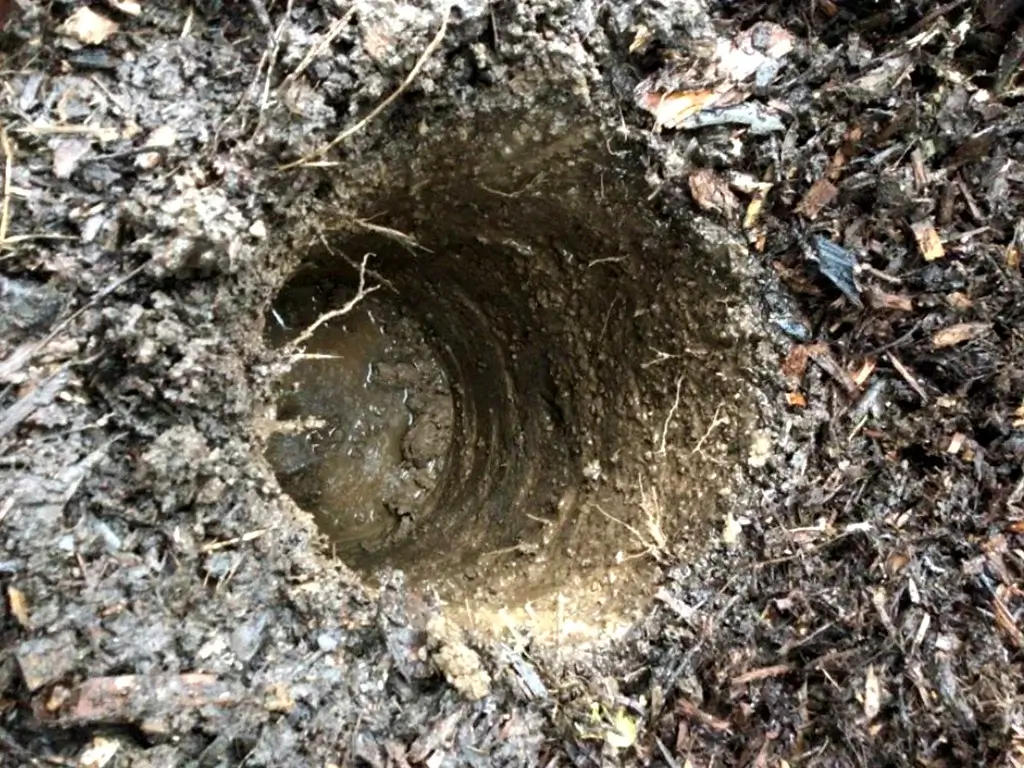
Drainage
Excess water can be just as damaging as drought, leading to root rot, fungal infections, and overall plant decline. Our Drainage service focuses on diagnosing and correcting waterlogging issues by improving the soil’s ability to drain effectively.
Waterlogged soil is often a sign of insufficient drainage or absorption and can be caused by anything from compacted soil, excessive runoff from infrastructure or even the soil type simply struggling to release the water which is the most problematic in clay-rich soil. We assess the landscape for areas prone to standing water and design customized drainage solutions, such as French drains, swales, or sub-surface drainage systems. Proper drainage not only prevents water accumulation around plant roots but also promotes aeration and ensures that essential nutrients are delivered to the roots without excess water interference. By managing water flow, we help maintain healthy soil conditions and prevent root diseases.
